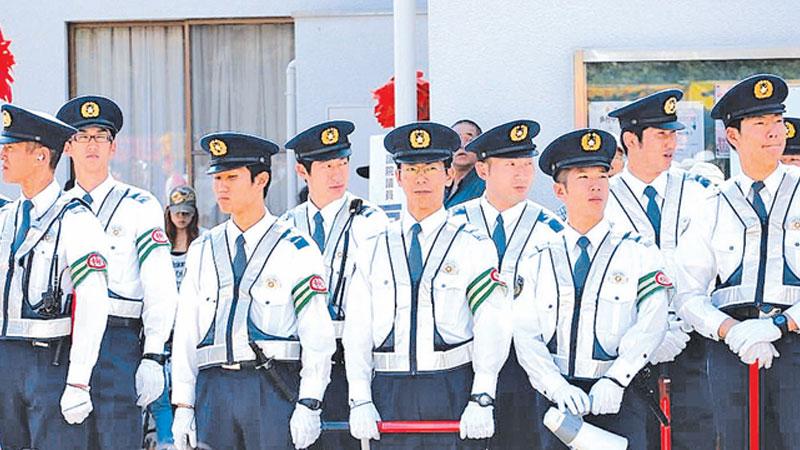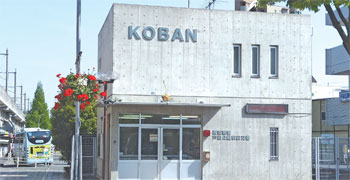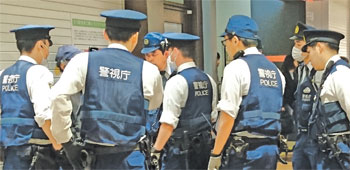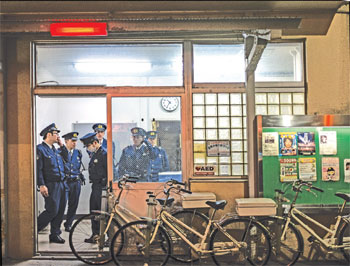
One of the major crime related topics of recent years has always been gun violence and regulation, mostly in relation to America. While the arguments vary wildly from both the pro-gun and anti-gun groups, one of the strongest talking points the anti-gun side has is Japan and their near non existent rate of gun related crimes. Though the effectiveness of that argument is debated, that statistic alone shines a light on a very interesting aspect of Japanese society. That is, their low crime rate and how both the country’s infrastructure and its people have lent themselves to create such remarkable statistic.
Most obviously, the most significant factor benefitting the low crime rate is the Government’s zero tolerance towards a vast majority of crimes. In the past, Japan has been notoriously lacking in some aspects of protecting its citizens, such as the sexual molestations that most women may experience in broad daylight. Now, however, they treat even relatively minor harassment with incredible seriousness, hunting the perpetrators far more doggedly than ever before. Minor drug offences result in major forensic investigations. This has resulted in the public opinion that there are more police than there are criminals, and factually, this is supported by there being 15,000 more officers now than earlier when the crime rates were much higher. As a consequence, there being more police with nothing much to do means that every offence is treated seriously.
Another major contributory factor is that Japan’s government and its people put a lot of effort into crime prevention, eliminating as many of the so called, ‘Easy Targets’ as possible. ATM’s are always in secure booths, sacrificing convenience for security and privacy. Most small businesses make an effort to have at least two staff members active at all times, at a cost, to maintain that security. Recently, even vending machines, of which there are many, deployed many units with built in cameras to prevent vandalism on those machines but the units also had the added effect of reducing crime in general in the area that they are monitoring.
You can find Koban, small police posts, everywhere which allow a personal feelingof safe space for citizens to report any crimes, lost items or even ask for directions. A lot of manpower and resources go into crime prevention but ultimately, this lends itself to a much safer society as a whole.
As a very communal people, the Japanese have a strong sense of moral duty to their community. Children, from as young as preschool, are taught how to rely on friends, family and the neighborhood when in trouble.
Schools emphasise the importance of collaboration and not just competition. They are taught not to act out and feelings of aggression are considered to be shameful and childish. This attitude has created a very nonviolent society though this has led to many issues when a confrontation may be the best for them.
However, it is important to note that very little crime does not equate to no crime. Much like other Asian cultures, a lot of crime ends up going unreported out of either shame or resolving the situation without involving the police. Though gun violence is almost unheard of, rampage killings still take place with individuals with knives randomly attacking large crowds.
These acts are often committed by mentally unstable people who have been rejected by society, a negative consequence to having such a communal society. Also, while the public safety is mostly at peace, organised crime is rampant and is quite prominent, with the Yakuza being involved internationally.
Ultimately, it is important to recognise that while there is much that Japan does right, we need to understand the weaknesses in their approach so that it can be avoided. And despite the problems, there is a lot that most cultures can learn from Japan in order to keep their people safe.
